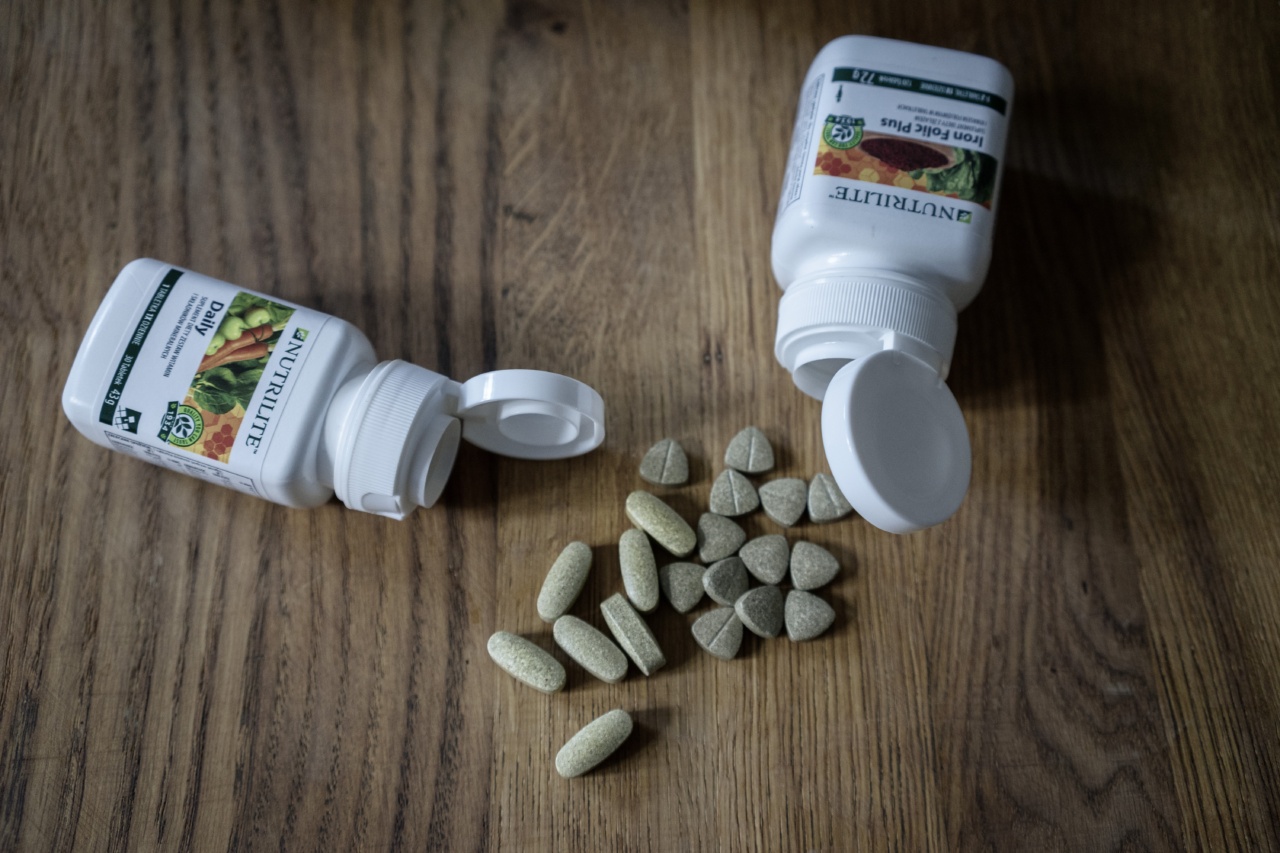The outbreak of the Koroneovirus has caused widespread concern and created a need for effective prevention strategies.
While following hygiene practices and social distancing measures are crucial, it is equally important to prioritize a healthy lifestyle to strengthen your immune system. One way to achieve this is by ensuring you consume a well-balanced diet rich in essential nutrients that can help bolster your body’s defenses against viruses and infections.
Here are 10 important nutrients that can play a significant role in Koroneovirus prevention.
1. Vitamin C
Vitamin C is widely known for its immune-boosting properties. It helps stimulate the production of white blood cells and antibodies, which are vital for fighting off pathogens.
Additionally, vitamin C acts as an antioxidant, reducing inflammation and oxidative stress in the body. Foods rich in vitamin C include citrus fruits, strawberries, bell peppers, and kiwi.
2. Vitamin D
Vitamin D plays a crucial role in regulating the immune system. It enhances the function of immune cells and helps prevent excessive inflammation.
Natural sources of vitamin D include sunlight, fatty fish like salmon, fortified dairy products, and egg yolks.
3. Zinc
Zinc is an essential mineral that supports immune function. It helps produce and activate immune cells, making them more efficient in fighting off pathogens. Good dietary sources of zinc include lean meats, shellfish, legumes, seeds, and nuts.
4. Vitamin A
Vitamin A is essential for the development and regulation of the immune system. It helps maintain the integrity of the barriers that protect us from pathogens, such as the skin and mucous membranes.
Foods rich in vitamin A include sweet potatoes, carrots, spinach, and liver.
5. Selenium
Selenium is a powerful antioxidant that supports the immune system by reducing oxidative stress and inflammation. It also plays a vital role in the production of antibodies.
Good dietary sources of selenium include Brazil nuts, seafood, whole grains, and dairy products.
6. Vitamin E
Vitamin E is another antioxidant that helps protect cells from oxidative damage. It supports immune function by enhancing the activity of white blood cells. Sunflower seeds, almonds, spinach, and avocados are all excellent sources of vitamin E.
7. B Vitamins
The B vitamins, such as B6, B9 (folate), and B12, are crucial for immune system function. They play a role in the production of immune cells and antibodies.
Good dietary sources of B vitamins include whole grains, legumes, leafy greens, and animal products.
8. Iron
Iron is vital for immune system functioning as it helps carry oxygen to cells, including immune cells. A deficiency in iron can impair immune response. Foods rich in iron include lean meats, poultry, fish, legumes, and dark leafy greens.
9. Omega-3 Fatty Acids
Omega-3 fatty acids have anti-inflammatory properties and can support immune function. They help reduce chronic inflammation and enhance the activity of immune cells.
Fatty fish like salmon and sardines, flaxseeds, and walnuts are good sources of omega-3 fatty acids.
10. Probiotics
Probiotics are beneficial bacteria that support gut health and play a role in immune system modulation. They help regulate inflammation and enhance the activity of immune cells. Sources of probiotics include yogurt, kefir, sauerkraut, and kimchi.






























